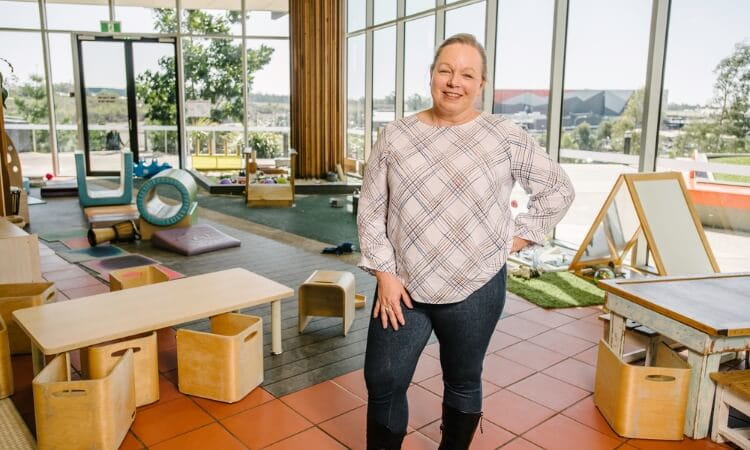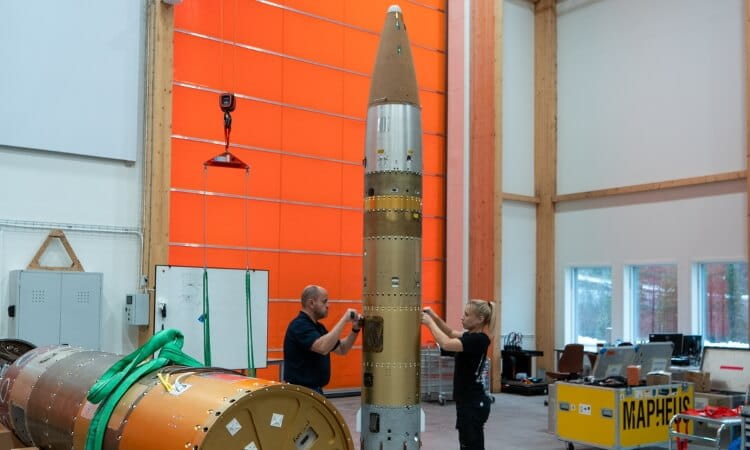National grants to enhance equity and access

The University of Southern Queensland (UniSQ) has secured two of just six nationwide tertiary education grants for research that will improve accessibility and equity in tertiary education.
Higher Education Research and Development Society of Australasia (HERDSA) grants are awarded to teaching and development projects in tertiary education.
The University’s success in securing this funding comes as the Australian Government Universities Accord puts a renewed focus on the student experience.
Associate Professor Alice Brown and Professor Petrea Redmond from the UniSQ School of Education and UniSQ College Professor Jill Lawrence secured HERDSA funding for their project titled ‘Student Perspectives of the Value of Course-Specific Online Engagement Strategies’.The project will ensure the student perspective is considered when designing tertiary courses for online learning, which Associate Professor Alice Brown said would improve accessibility and equity for all students.
“We’ve been looking at improving online engagement for some time; in fact, UniSQ really led the way a decade ago with research in how to best engage students,” Associate Professor Brown said.
“But where is the gap? The gap is that teachers are all scrambling to improve their teaching engagements online, but what do the students think about it?,” she said.
“We want to hear the good, the bad, and the ugly. We want to close the loop and hear how students are feeling about all these strategies.
“Higher education students are very rarely given a voice. This gives students the voice into current efforts, which could be nuanced to proactively respond to significant themes from the Accord.”
The second HERDSA grant was awarded to Dr Katie Burke from the UniSQ School of Education, whose research looks at ‘Understanding the characteristics of authentic Arts assessment in Initial Teacher Education (ITE)’.
In simple terms, Dr Burke’s research examines how to best ensure students engage with and retain their assessments.
“We’re scrutinising our approach to assessment – asking if it really develops rigorous practical and theoretical understanding,” Dr Burke said.
“Is it authentic assessment that is going to really prepare them for the future classroom?,” she said.
“Our modern student is so busy – they might have children; they work part-time or full-time; they are juggling study in amongst many different responsibilities. A lot of them are also online, and we want to ensure we’re meaningfully engaging with them.”
These HERDSA grants will ensure UniSQ researchers can continue to contribute valuable research in this space and improve the experience for tertiary education students.
Learn more about UniSQ’s School of Education.


